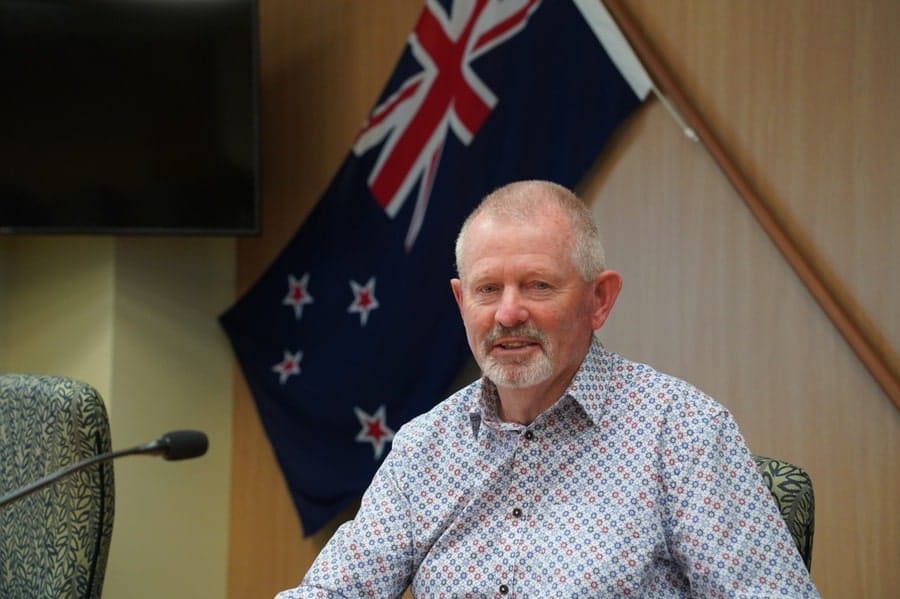
Invercargill Mayor Nobby Clark believes the $20 million offered by the Government to developing countries for the loss and damage wrought by climate change should’ve been kept in our health system.
His comments are in relation to the recent announcement by Health Minister Andrew Little on the $90 million in proposed cuts for the rebuild of Dunedin Hospital.
Mayors and regional leaders from throughout Otago and Southland want an urgent meeting with the Prime Minister, Little and Minister of Finance Grant Robertson about the funding cuts.
Nobby said he met with Little three weeks ago to voice his concerns over the hospital, and is concerned the same thing will happen with Dunedin as the Southland Hospital rebuild in 2004.
“It was cut back on the premise that the Government would put money into primary care, so there was less need for the hospital. But now we’re one to two theatres shorts, 41 beds short, but I hear figures more than that, and some say 60 to 80.”
Southland’s population has also increased by 7000 to 8000 in the past 10 years putting additional pressure on health services, and now many GP services are at capacity.
The Government plans to slash 12 beds from Dunedin’s new hospital, two operating theatres and two scanners, an important link bridge and a vital pavilion, from the business case released in March 2021 and approved by Cabinet.
When somebody goes to ED in Invercargill and it’s urgent, and they are also 40 beds short they get transferred to Dunedin – making Southerners very reliant on the tertiary hospital, Clark said.
Dunedin Hospital also has more specialist care than Southland because of the collaboration with the School of Medicine – with many doctors tutoring at the University as well.
“So we don’t get our share of specialist services because they tend to cluster in Dunedin.
“But it should be the case of a provincial city the size of ours, we should have our share of specialists too.”
Covid-19 and the impact on the supply chain were both factors in the Dunedin Hospital cut backs, with building costs up 10%, rather than the 5% many were expecting.
“What grates me no end is the $20 million going to climate change mitigation and we’re only one of three in the world doing that. It should’ve been kept in our health system,” he said.

